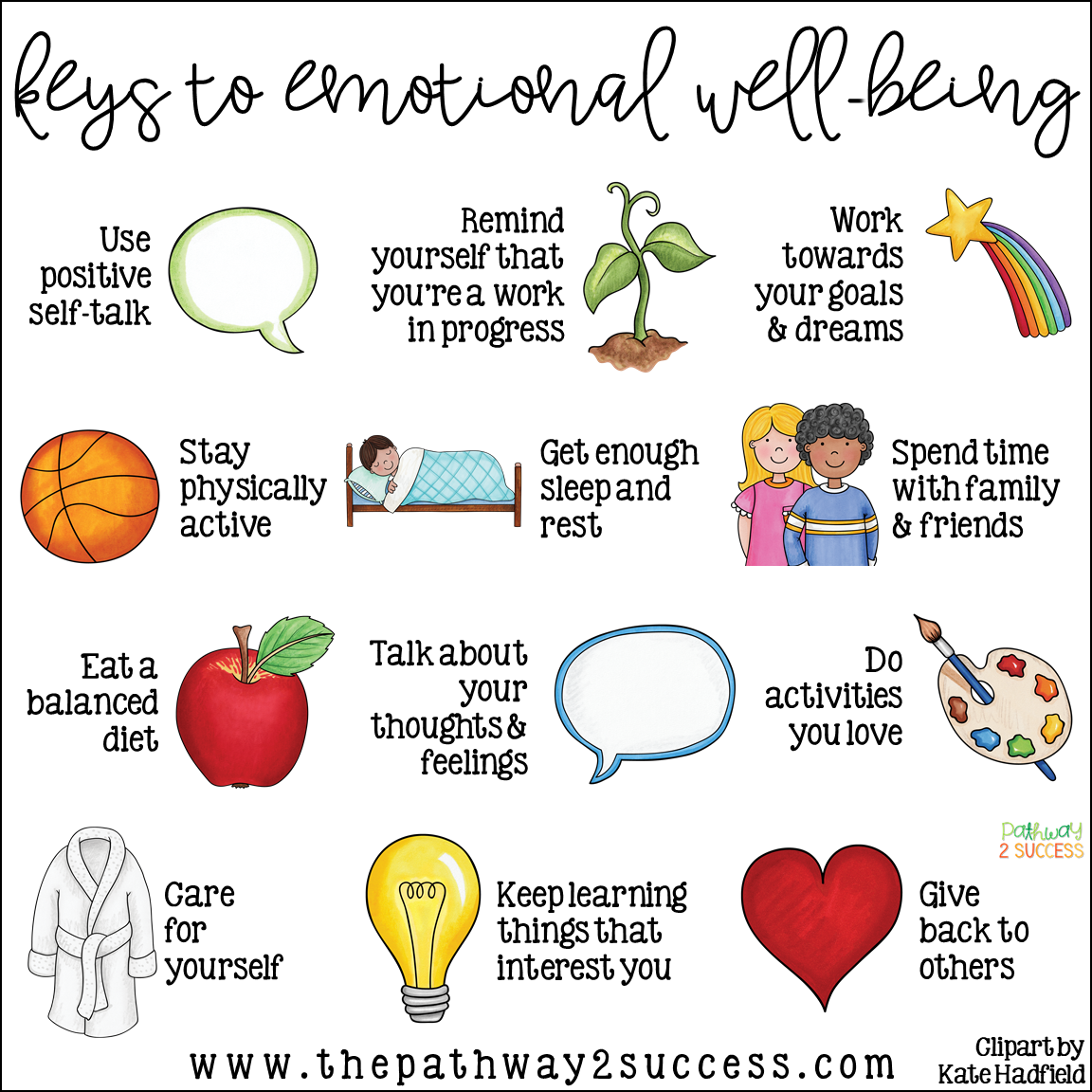Mental health is a crucial aspect of overall well-being, and children are no exception. In recent years, there has been a growing concern about the mental health of children and the need to prioritize their emotional well-being. This article explores the importance of nurturing mental health in children and provides some guidelines for parents and caregivers to support their child’s emotional well-being.
The Importance of Mental Health in Children
Children who have good mental health are more likely to excel academically, form healthy relationships, and cope with life’s challenges effectively. On the other hand, untreated mental health issues can have long-term consequences, leading to difficulties in various areas of their lives. Nurturing emotional well-being in children can significantly contribute to their overall happiness and success.
Recognizing Signs of Mental Health Issues
It is essential for parents and caregivers to be able to recognize signs of potential mental health issues in children. These signs may include sudden changes in behavior, withdrawal from activities or social interactions, excessive worry or fear, persistent sadness, changes in appetite or sleep patterns, and difficulty concentrating. Early intervention plays a critical role in addressing mental health concerns and preventing them from worsening.
Creating a Supportive Environment
Providing a supportive environment is crucial for nurturing a child’s emotional well-being. This includes ensuring that children feel safe, loved, and accepted at home. Encourage open communication and actively listen to their concerns and feelings. Create a positive and nurturing atmosphere that promotes healthy emotional expression.
Promoting Healthy Relationships and Social Skills
Strong social connections and healthy relationships are vital for a child’s mental health. Encourage your child to build friendships and participate in activities they enjoy. Teach them essential social skills such as empathy, kindness, and effective communication. Foster a sense of belongingness, as feeling connected to others can greatly impact a child’s emotional well-being.
Encouraging Physical Activity and Exercise
Physical activity and exercise have been proven to have positive effects on mental health. Encourage your child to engage in regular physical activities that they enjoy. Outdoor play, sports, or simply going for a walk can help boost their mood, reduce stress, and improve overall mental well-being.
Teaching Coping Strategies
Children should be equipped with effective coping strategies to deal with life’s challenges and stressors. Teach them healthy ways to manage their emotions, such as deep breathing exercises, journaling, or engaging in creative outlets like drawing or music. Help them develop problem-solving skills, resilience, and the ability to seek appropriate support when needed.
Seeking Professional Help
If you notice persistent signs of mental health issues in your child or if their emotional well-being significantly impacts their daily life, it is essential to seek professional help. Mental health professionals, such as child psychologists or therapists, can provide the necessary support and guidance to address your child’s specific needs.
Conclusion
Prioritizing the mental health of children and nurturing their emotional well-being is imperative for their overall development. By creating a supportive environment, promoting healthy relationships, encouraging physical activity, teaching coping strategies, and seeking professional help when needed, parents and caregivers can play a vital role in helping children thrive emotionally. Invest in your child’s mental well-being today for a brighter and happier tomorrow.

